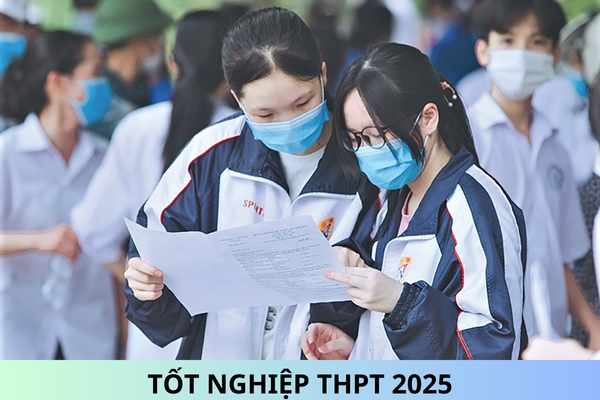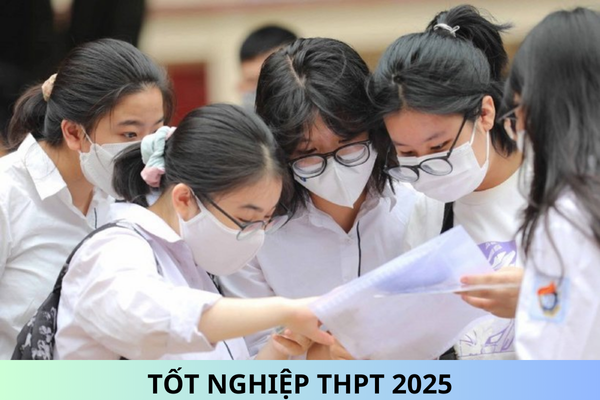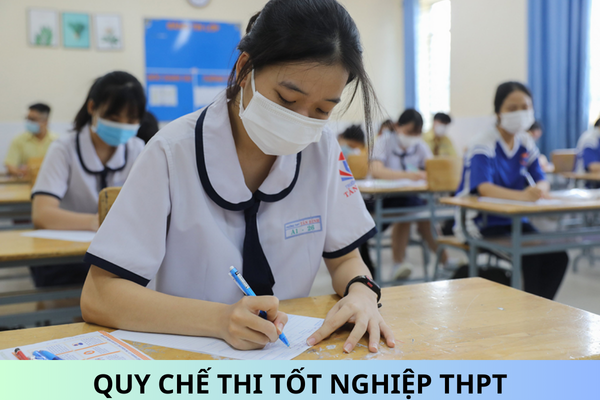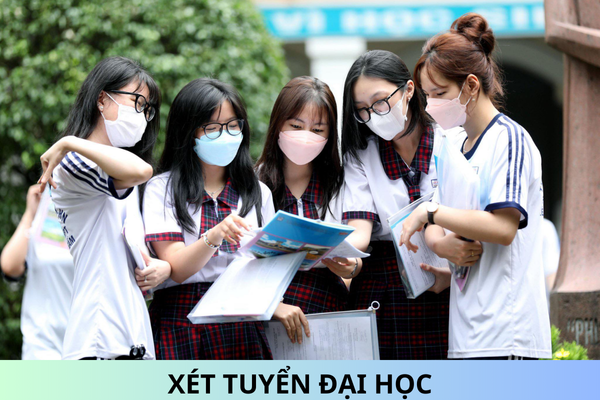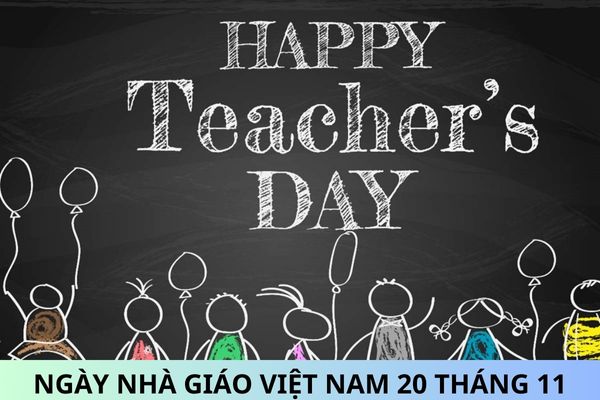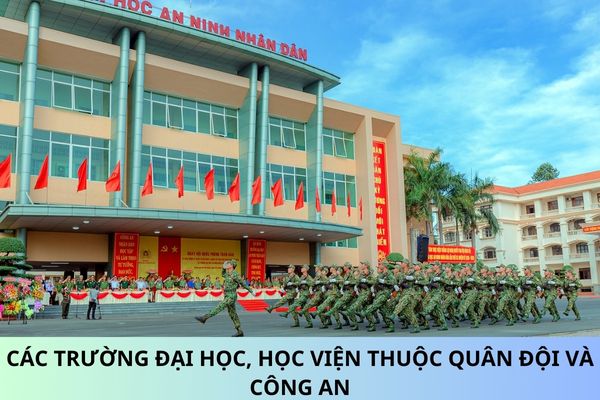What are cases exempt from the defense and security education subject in Vietnam?
What are cases exempt from the defense and security education subject in Vietnam?
Based on Article 4 of the Joint Circular 18/2015/TTLT-BGDDT-BLDTBXH, which specifies the subjects eligible for exemption or temporary deferral from the defense and security education subject:
Article 4. Subjects eligible for exemption or temporary deferral from the defense and security education subject
1. Subjects eligible for exemption from the defense and security education subject:
a) Students with a reserve officer certificate or a graduation certificate issued by military or public security schools;
b) Students who already have a defense and security education certificate corresponding to their educational level;
c) Foreign students.
2. Subjects eligible for exemption from learning, exemption from examination in any module or content in the defense and security education program, include: students holding a confirmation of academic results for those modules or contents with a score of 5 or above on a 10-point scale.
3. Subjects eligible for exemption from the practical military skills content:
a) Students with disabilities, certified according to regulations on persons with disabilities;
b) Students who do not meet physical health standards or suffer from medical conditions exempted from military service according to current regulations;
c) Students who have completed their military or public security service.
[...]
Thus, students are exempt from the National Defense and Security Education subject if they fall into one of the following categories:
- Students with a reserve officer certificate or a graduation certificate issued by military or public security schools.
- Students who already have a defense and security education certificate corresponding to their educational level.
- Foreign students.
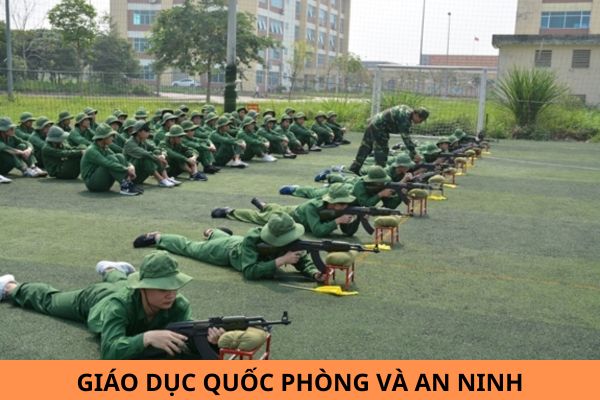
What are cases exempt from the defense and security education subject in Vietnam? (Internet image)
What Is the Purpose of the National Defense and Security Education subject?
Based on Article 2 of the Joint Circular 18/2015/TTLT-BGDDT-BLDTBXH, which specifies the position and objectives of the subject in Vietnam:
Article 2. Position and objectives of the subject
- defense and security education is a fundamental component in building the national defense and security strategy for the populace, a core subject within the education programs of educational institutions.
- The defense and security education subject equips students with basic understanding of national defense and security strategy for the populace, the Communist Party's perspectives, state policies and laws on national defense and security; the national tradition of resisting foreign invaders, the people's armed forces, and Vietnamese military arts; building the national defense and security strategy for the populace and the people's armed forces; basic and essential knowledge on civil defense, military skills; being ready to fulfill military obligations to defend the Homeland.
Thus, the purposes of the National Defense and Security Education subject are:
- To equip students with basic understanding of the national defense and security strategy for the populace, the Communist Party's perspectives, state policies, and laws on national defense and security;
- To equip students with knowledge on the national tradition of resisting foreign invaders, the people's armed forces, and Vietnamese military arts;
- To build the national defense and security strategy for the populace and the people's armed forces;
- To provide basic and essential knowledge on civil defense, military skills; being ready to fulfill military obligations to defend the Homeland.
What Are the Rights and Responsibilities of Students in Vietnam?
Based on the Education Law 2019, which stipulates the rights and responsibilities of students in Vietnam:
[1] Rights of Students as stipulated in Article 83 of the Education Law 2019
- To receive education and learning to fully develop and maximize their potential.
- To be respected; equal in educational and learning opportunities; to develop talent, abilities, creativity, inventions; to be provided with complete information on their learning and training.
- To advance in classes, shorten study time, study at an age higher than the prescribed age, extend study time, repeat grades, and be facilitated to study educational programs as prescribed by law.
- To study in a safe and healthy educational environment.
- To be granted diplomas, certificates, and confirmations upon graduation according to the educational level and training program completed.
- To participate in activities of associations, social organizations within the educational institution as prescribed by law.
- To use facilities, libraries, equipment, and means for educational, cultural, physical, and sports activities of the educational institution.
- To directly or through their legal representatives propose educational institutions solutions to contribute to building the institution and protecting the rights and interests of learners.
- To enjoy state priority policies when recruited into state agencies if they graduate with excellent grades and have good ethics.
- To appoint representatives to participate in the school council as stipulated.
[2] Responsibilities of Students as stipulated in Article 82 of the Education Law 2019
- To study and train according to the program, educational plan, and code of conduct of the educational institution.
- To respect educators, staff, and workers of the educational institution; unity and help each other in learning and training; to comply with the rules, regulations, and laws of the educational institution; to follow the laws.
- To participate in labor and social activities, environmental protection activities suitable to their age, health, and capacity.
- To preserve and protect the assets of the educational institution.
- To contribute to the building, protection, and promotion of the institution's traditions.

